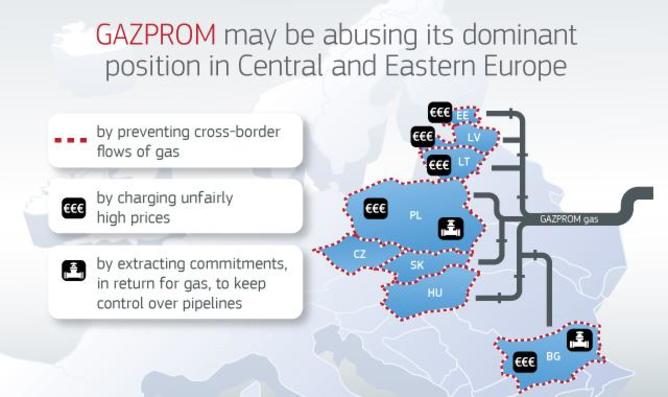What Does One Do When Sanctions Do Not Work?
Economic sanctions and divestment campaigns are attractive but often flawed tactics for accomplishing international political goals.
The social stigma the campaigns create often fails to match the economic pain these campaigns inflict, making the costs of resisting them for governments like Russia, Syria and Iran tolerable in most cases.






